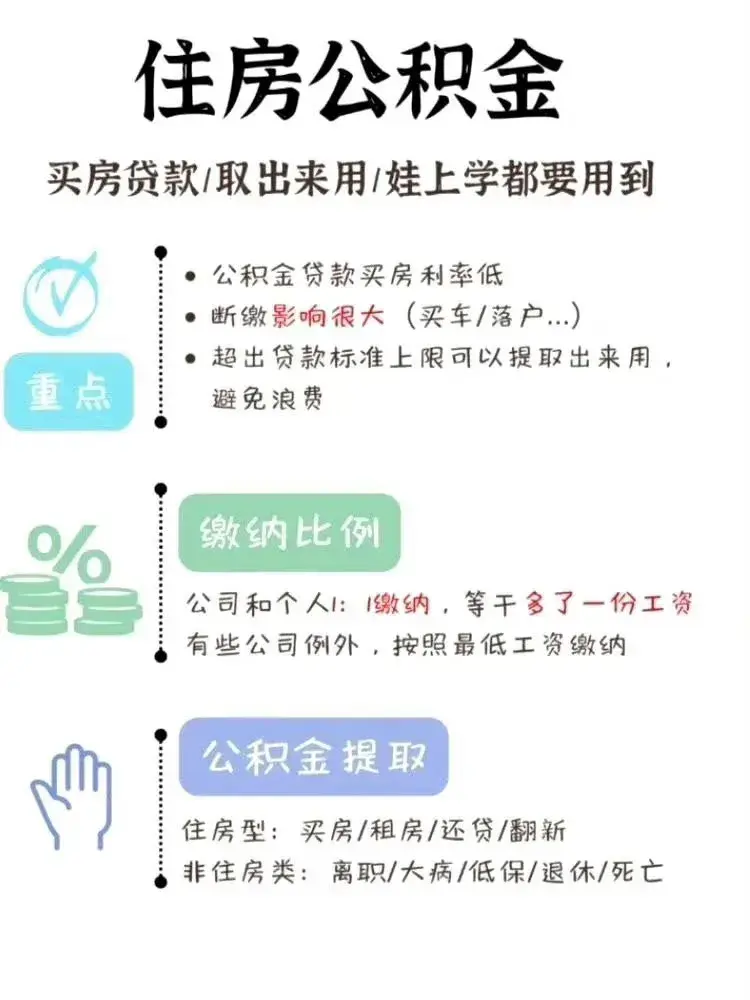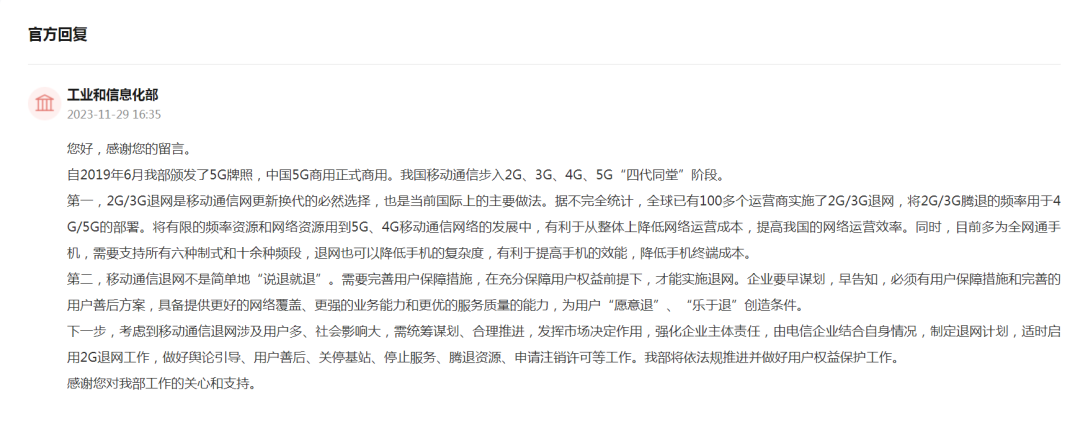一、数词的定义
在英语中,用来表示事物数量和顺序先后的词总称为数词。其中诸如one(一)、two(二)等用来表示事物数量的数词为基数词;诸如first(第一)、second(第二)等用来表示事物顺序的数词为序数词。
数词用法相当于名词和形容词,在句中可用作主语、宾语、表语、定语、同位语等。例如:
- Three will be enough for us. 3个对我们来说就足够了。(作主语)
- Count ten before you speak. 数到10再开口。(作宾语)
- We moved to Beijing when I was five. 我5岁时,我们搬到了北京。(作表语)
- Four students are doing their homework now. 4个学生正在做他们的家庭作业。(作定语)
- We two went out for a picnic last Friday. 上周五我们2个人出去野餐了。(作同位语)
二、数词的分类
数词分为基数词和序数词。基数词表示事物的数量;序数词表示事物的顺序。在英语中,序数词前通常要加上定冠词the。
1.基数词
(1)1~12的构成
- 1 one
- 2 two
- 3 three
- 4 four
- 5 five
- 6 six
- 7 seven
- 8 eight
- 9 nine
- 10 ten
- 11 eleven
- 12 twelve
(2)13~19的构成:在个位数基数词(或其变体)后加teen;
- 13 thirteen
- 14 fourteen
- 15 fifteen
- 16 sixteen
- 17 seventeen
- 18 eighteen
- 19 nineteen
(3)20~90中整十基数词的构成:在个位数基数词(或其变体)后加ty;例如:
- 20 twenty
- 30 thirty
- 40 forty
- 50 fifty
- 60 sixty
- 70 seventy
- 80 eighty
- 90 ninety
(4)21~99中非整十基数词的构成:整十数+连字符(-)+个位数;例如:
- 23 twenty-three
- 35 thirty-five
- 47 forty-seven
- 52 fifty-two
- 69 sixty-nine
- 71 seventy-one
- 85 eighty-five
- 99 ninety-nine
(5)100~999的构成:百位数+hundred+and+整十数/非整十数/个位数;例如:
- 100 one hundred
- 150 one hundred and fifty
- 453 four hundred and fifty-three
- 999 nine hundred and ninety-nine
(6)1000及以上多位数的构成:数字从右向左数起,每三位数加一个逗号,第一个逗号代表thousand(千),第二个逗号代表million(百万),第三个逗号代表billion(十亿)。读数时,从左向右读,每个逗号左侧的数字按照上述1000以下的数字读法读出,后依次加逗号所代表的数字单位,最后三位数按照1000以下的数字读法读出。例如:
- 1,888 one thousand,eight hundred and eighty- eight
- 10,500 ten thousand, five hundred
- 279,000 two hundred and seventy-nine thousand
- 96,834,700 ninety-six million, eight hundred and thirty-four thousand, seven hundred
- 1,723,456,809 one billion, seven hundred and twenty-three million, four hundred and fifty-six thousand, eight hundred and nine

我明白了!
2.序数词
(1)第1~3的构成
- 第1 first
- 第2 second
- 第3 third
(2)第4~19的构成:在对应基数词(或其变体)后加th
- 第4 fourth
- 第5 fifth
- 第6 sixth
- 第7 seventh
- 第8 eighth
- 第9 ninth
- 第10 tenth
- 第11 eleventh
- 第12 twelfth
- 第13 thirteenth
- 第14 fourteenth
- 第15 fifteenth
- 第16 sixteenth
- 第17 seventeenth
- 第18 eighteenth
- 第19 nineteenth
(3)第20~90(整十数)的构成:把相应基数词词尾的y变为i,再加eth;例如:
- 第20 twentieth
- 第30 thirtieth
- 第40 fortieth
- 第50 fiftieth
- 第60 sixtieth
- 第70 seventieth
- 第80 eightieth
- 第90 ninetieth
(4)大于等于第21的构成:只把相应基数词的最后一个单词变为序数词即可,其他部分的构成与基数词相同;例如:
- 第21 twenty-first
- 第34 thirty-fourth
- 第58 fifty-eighth
- 第67 sixty-seventh
- 第100 one hundredth
- 第112 one hundred and twelfth
- 第2,005 two thousand and fifth
- 第6,000 six thousandth
- 第10,100 ten thousand, one hundredth
- 第30,201 thirty thousand, two hundred and first
- 第34,603 thirty-four thousand, six hundred and third
- 第8,000,000 eight millionth
- 第1,000,000,000 one billionth
(5)序数词可缩写为“阿拉伯数字+相应序数词的最后两个字母”。例如:
- first→1st
- second→2nd
- third→3rd
- fourth→4th
- twenty-first→21st
- one hundred and tenth→110th





